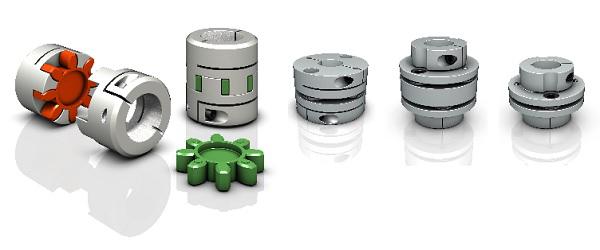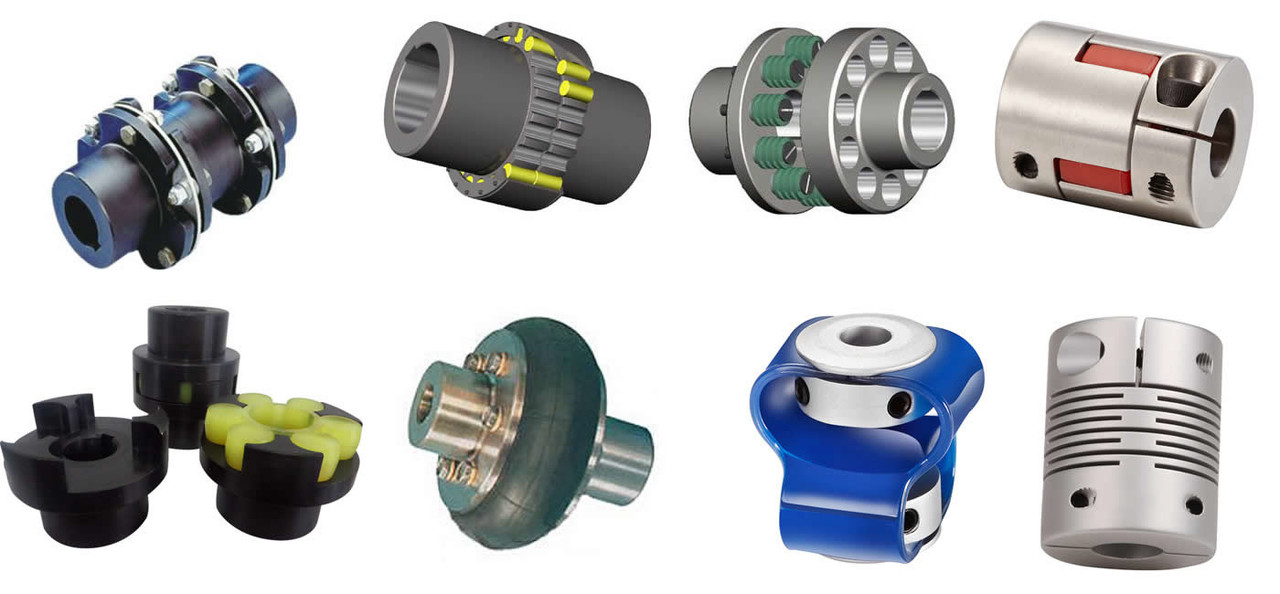Coupling Shaft Motor
Introduction to Coupling Shaft Motors
Coupling shaft motors play a crucial role in the mechanical world by enabling the smooth transmission of power between two rotating shafts. This article delves into various facets of coupling shaft motors to expand your understanding.
What is a Coupling Shaft Motor?
A coupling shaft motor is designed to connect two shafts together, enabling the transmission of torque and rotational motion. It is a pivotal component in many mechanical systems, providing flexibility and misalignment accommodation.
Types of Coupling Shaft Motors
Coupling shaft motors can be classified into several types based on their design and functionality. These include rigid couplings, flexible couplings, and fluid couplings. Each type has its unique attributes and applications.
Importance of Coupling Shaft Motors
The importance of coupling shaft motors lies in their ability to connect rotating elements, absorb misalignments, and reduce mechanical stress. This ensures efficient and reliable operation of machinery.
Applications of Coupling Shaft Motors
Coupling shaft motors are widely used in various industries including automotive, aerospace, manufacturing, and power generation. They are essential for the proper functioning of pumps, compressors, generators, and conveyor systems.
Material Selection for Couplings
The material used in coupling shafts significantly affects their performance. Common materials include steel, aluminum, and composite materials, each offering different levels of strength, durability, and resistance to wear.
Design Considerations
Design considerations for coupling shafts include alignment accuracy, torque capacity, speed, and environmental conditions. Ensuring the right design optimizes performance and extends the lifespan of the coupling.
Maintenance and Inspection
Regular maintenance and inspection of coupling shaft motors are essential to prevent failures and ensure efficient operation. This includes checking for wear, lubrication, and alignment.
Coupling Installation Techniques
Proper installation of couplings is critical for their optimal performance. Techniques include ensuring correct alignment, tightening bolts to the specified torque, and using proper lubrication.
Advanced Coupling Technologies
Advancements in coupling technologies have led to the development of high-performance couplings with enhanced capabilities. These include zero-backlash couplings and high-torque flexible couplings.
Common Issues and Solutions
Common issues with coupling shaft motors include misalignment, excessive vibration, and wear. Solutions involve regular monitoring, proper alignment, and using high-quality components.
Custom Coupling Solutions
Custom coupling solutions are tailored to meet specific application requirements. This includes designing couplings for unique operational conditions and performance specifications.
Energy Efficiency and Coupling Shafts
Energy efficiency in mechanical systems can be enhanced by using the right coupling shafts. Efficient couplings reduce friction and energy loss, contributing to overall system efficiency.
Environmental Impact of Coupling Shafts
The environmental impact of coupling shafts can be minimized through the use of sustainable materials and manufacturing processes. This promotes eco-friendly practices in the industry.
Future Trends in Coupling Technology
The future of coupling technology lies in the development of smart couplings with advanced monitoring capabilities. These couplings will provide real-time data on performance and condition, allowing for predictive maintenance.

What are the three types of coupling?
The three primary types of couplings are rigid couplings, flexible couplings, and fluid couplings. Each type serves distinct purposes in mechanical systems.

What coupling is used to connect two shafts?
The coupling used to connect two shafts is typically chosen based on several parameters and conditions:
- Torque Requirements: The coupling must handle the maximum torque of the system without slipping or failing.
- Speed: The operational speed of the shafts influences the type of coupling, with high-speed applications requiring precision couplings.
- Misalignment Accommodation: The coupling should be able to compensate for any misalignment between the shafts, whether angular, parallel, or axial.
- Environmental Conditions: Factors such as temperature, humidity, and exposure to chemicals require specific material and design considerations.
- Space Constraints: The physical space available for the coupling installation can limit the type and size of the coupling.

What are the two general types of shaft couplings?
The two general types of shaft couplings are:
- Rigid Couplings: These couplings do not allow for any misalignment or movement between the connected shafts. They are used in applications where precise alignment is essential.
- Flexible Couplings: These couplings can accommodate some degree of misalignment and movement, making them suitable for applications where slight misalignments or vibrations occur.
About HZPT
HZPT, based in Hangzhou, Zhejiang Province, is a modern enterprise integrating R&D, learning, production, and foreign trade. We adhere to the core values of “integrity” as our business philosophy, emphasizing unity, progress, and innovation. Our business encompasses high-tech development, international trade, industrial investment, and domestic and international networking, focusing on the research and innovation of coupling products.
Our business spans Asia, Europe, Africa, and North America, moving towards the vision of becoming a globally influential international group. We specialize in producing various series of coupling products including drum couplings, spring pin couplings, serpentine spring couplings, universal couplings, star couplings, expansion couplings, diaphragm couplings, and tire couplings.
Our company boasts a complete and scientific quality management system with our own technical development and testing departments. We hold certifications such as CQC, ISO, and CE. We provide excellent sales and technical support services to our customers, serving over a hundred cooperative enterprises with the business philosophy of “people-oriented, customer first,” working closely with customers for mutual development.

Why Choose Our Coupling Products?
We recommend our coupling products for the following reasons:
- High-Quality Materials: Our couplings are made from premium materials, ensuring durability and reliability in various industrial applications.
- Advanced Technology: We utilize cutting-edge technology in our manufacturing processes to produce high-performance couplings that meet international standards.
- Customization Options: We offer customized solutions tailored to meet specific operational requirements and environmental conditions.
- Comprehensive Support: Our team provides exceptional sales and technical support, ensuring our customers receive the best service and guidance.
- Global Reach: With a strong presence in multiple continents, we are well-positioned to serve clients worldwide, facilitating seamless international trade and cooperation.